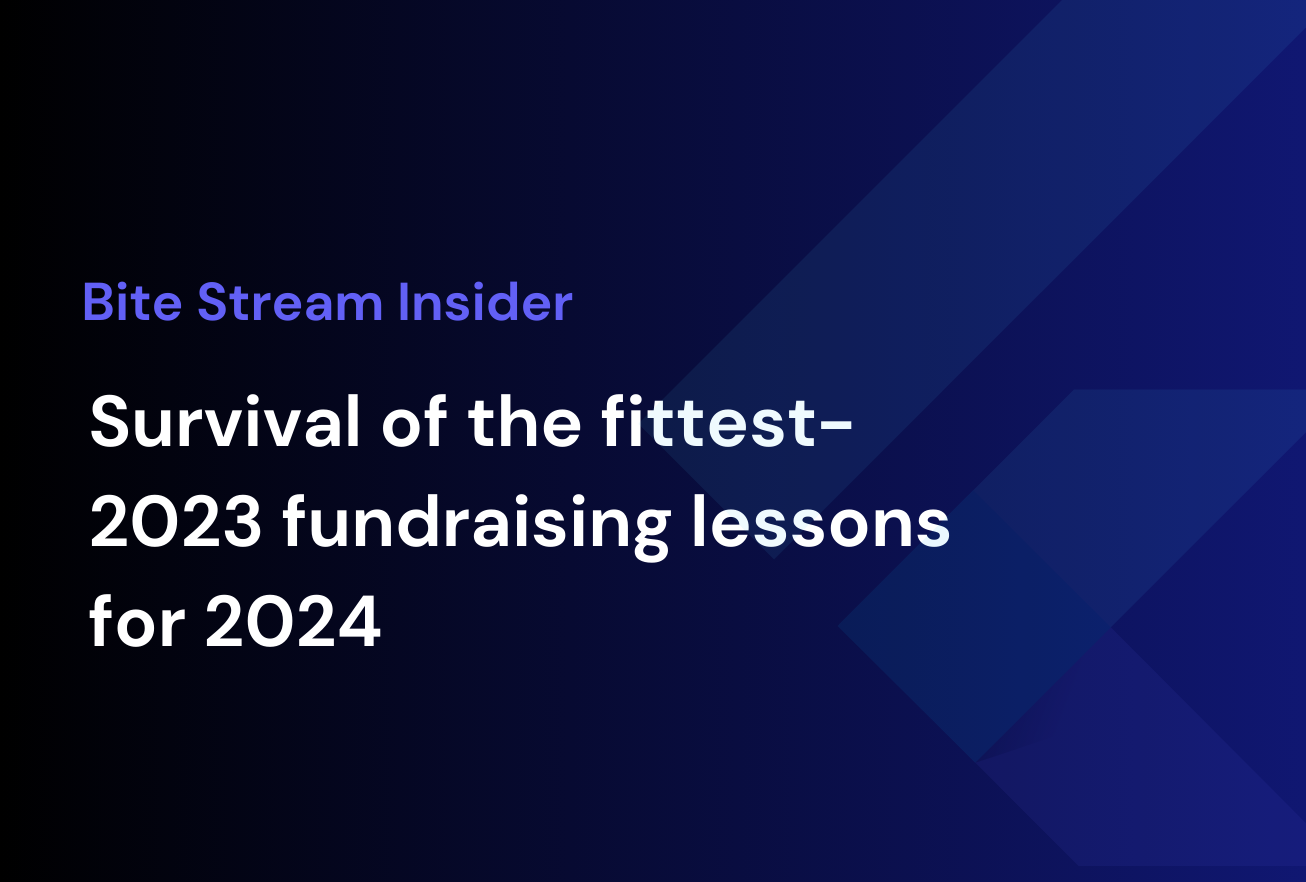Bernard Vogel, Managing Director – Geneva, Switzerland: Endeavour Vision
Endeavour Vision’s Bernard Vogel discusses some of the most ground-breaking medical innovations investments and how the digital health industry has proven to be a resilient and growing sector.
- What are the main drivers in healthcare?
Healthcare is undergoing tremendous change due to social and demographic transitions, advances in technology and, more recently, the COVID-19 pandemic. One of the major drivers, right now is our aging population. For example, life expectancy for a woman born in the US in the 1900s was 49 years – now it’s around 80 years. Older people have specific health needs and require more health intervention. We all want to enjoy an active life for as long as possible – but to achieve this, we need to remain healthy into our later years. Paradoxically, we’re seeing a rise in chronic diseases such as heart disease, cancer and diabetes. Not surprisingly, global healthcare costs continue to rise, from US$ 7.6 trillion in 2016 to US$ 7.8 trillion in 2017. In fact, the health sector expanded faster than the economy during this period, and it will contract far less sharply than the global economy after COVID-19. The pandemic has exposed the urgent need for healthcare systems to become more efficient if they are to meet the needs of a growing global population. Medtech and digital health bring the possibility of sustainable healthcare – delivering better for more people with less – a step closer. This is similar in many ways to how cleantech is bringing sustainable solutions for the environment.
- How are medtech companies adapting to the pandemic?
The events of the past year have affected medtech companies very differently. For those providing equipment for intensive care and personal, protective equipment, there has been overwhelming demand. For others, demand has fallen as non-urgent or non-virus related consultations and procedures have been cancelled. Patients have been more likely to stay away from hospitals and surgeries for fear of contracting COVID-19.
Some of the backlog has been addressed by healthcare providers devising alternative solutions. For example, telemedicine has been increasingly used during the pandemic to replace in-person consultations. Healthcare spending will need to increase to get through the remaining waiting lists of postponed procedures and minimise the impact on patient outcomes. Overall, we envisage that medtech companies will bounce back fairly quickly if they haven’t already.
- How can technology help to future-proof healthcare systems?
COVID has dramatically altered working practice for most frontline health workers – and many of those changes are here to stay. The pandemic ushered in new technologies such as rapid diagnostics, test and treat apps, remote patient monitoring and telehealth, and the door is now open for a full technological overhaul.
Thanks to medtech, there’s a strong trend towards greater speed and efficiency, more personalised care and better patient outcomes. New digital platforms are already improving the patient journey – from booking consultations, to better access to tests, and faster results – and these are likely to play a bigger role for doctors now, too. Artificial intelligence is offering access to increasingly sophisticated data allowing medics to make more informed decisions around diagnosis and treatment. Medtech looks set to transform healthcare on a practical level, too – operations that require weeks’ of hospital recovery, for example, will be replaced by minimally invasive solutions that allow patients to return home in a matter of hours. Not only does this mean better outcomes for patients, it frees up valuable healthcare resources.
- Tell us about your most interesting portfolio companies – do any stand out?
We have many exciting companies in our portfolio – all bringing new solutions to today’s healthcare challenges. One of our companies, IntelyCare, for example, is addressing the problem of nurse shortages in the US – an issue that affects many countries. IntelyCare’s app uses machine learning to match staff with available hospital shifts, and through its ‘gig economy’ approach it has opened up the market and created a larger pool of nurses. The company was doing well prior to COVID, but the pandemic really highlighted what an effective solution this is to a longstanding problem.




